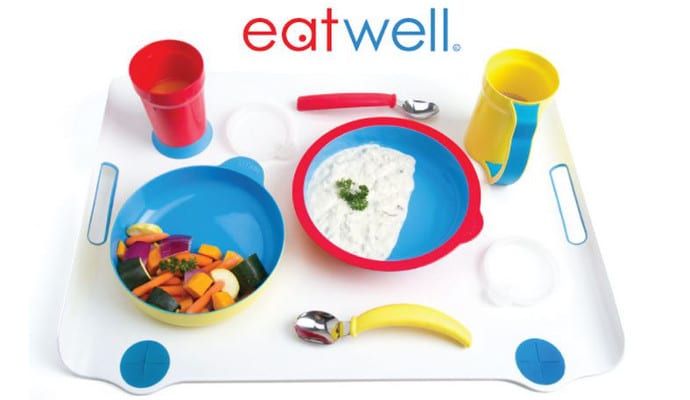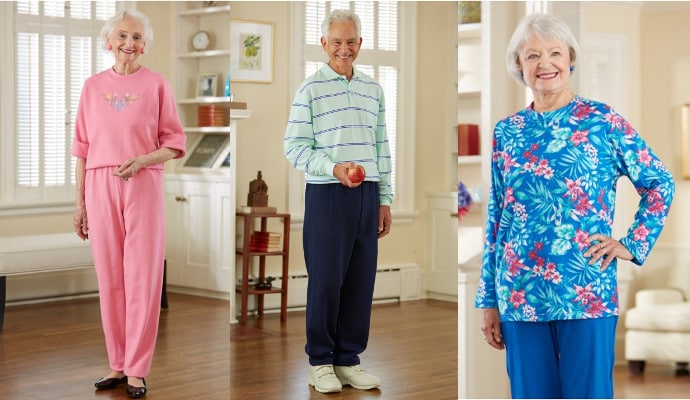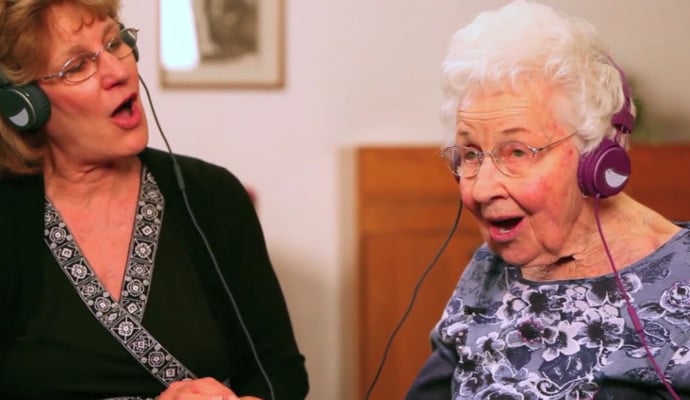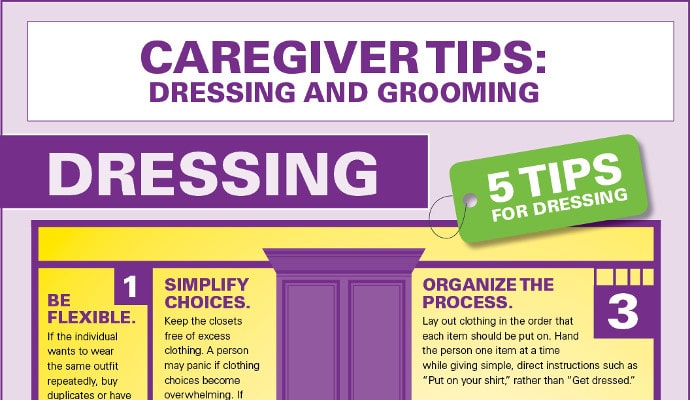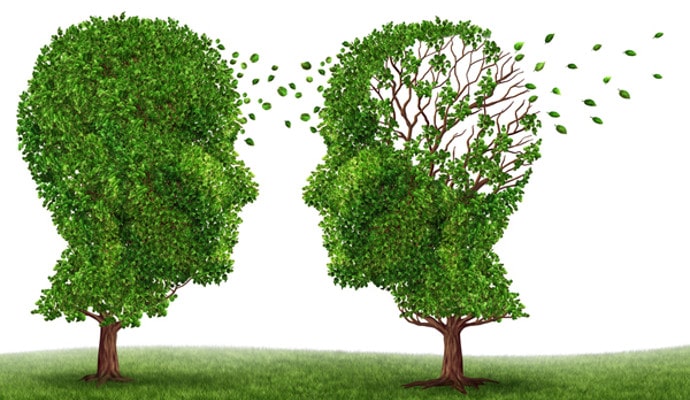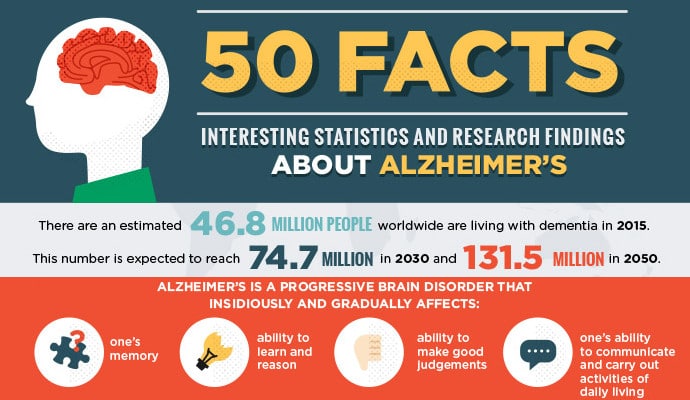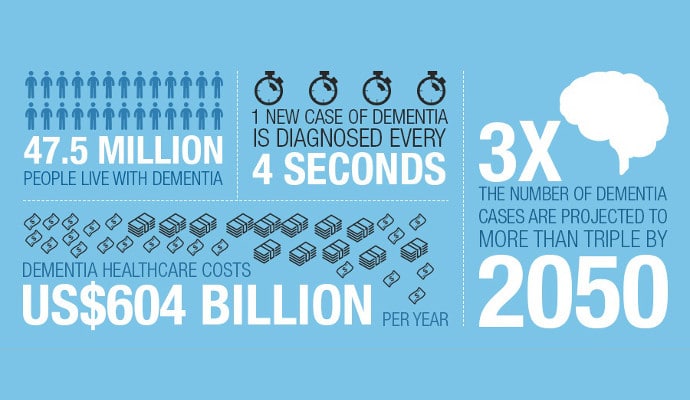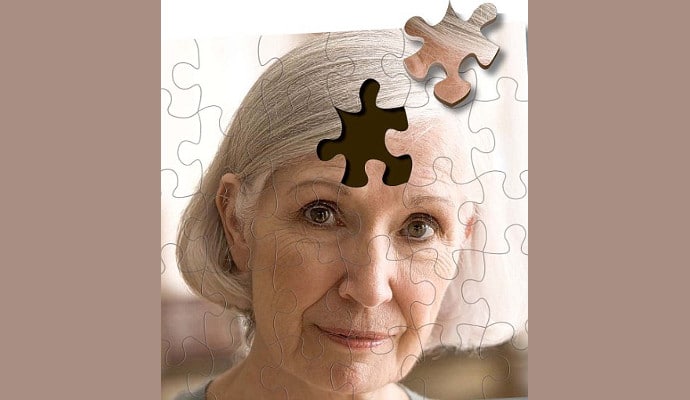For seniors with Alzheimer’s or dementia, mealtime can become frustrating and overwhelming as coordination and cognitive challenges make using regular utensils difficult. Thankfully, innovative adaptive utensils for Alzheimer’s can help restore independence and dignity at the table. These thoughtfully designed tools compensate for tremors, poor motor control, and confusion, making eating easier and safer. Discover how the proper utensils can transform mealtime…
